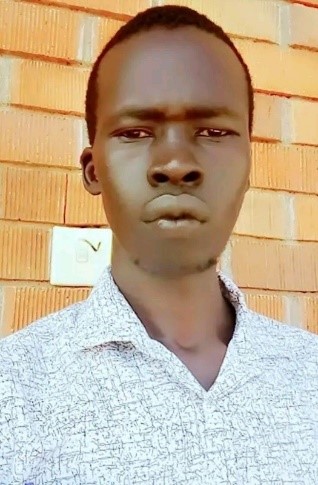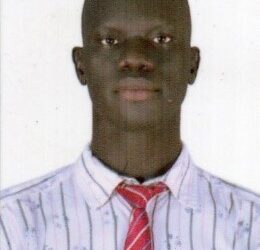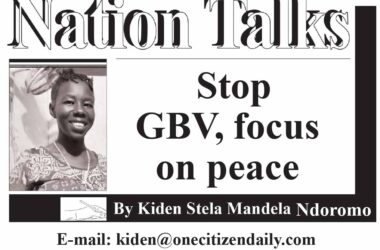By Theem Isaac Machar Akot
While citizens are graduating from fear and silence, others have already obtained their PhDs in brutality and embezzlement.
This is the paradox South Sudanese are going through. In layman’s terms, the government is cruelly controlling the nation. Hence, citizens lost voices and presentation. This has given the leadership an upper hand to loot, mistreat, and misgovern with impunity.
However, I am taking this crucial moment to make an avowal on these concerned national matters and remind the leaders that they have failed the nation. For almost a thousand despairing times and ways, the leadership has lost its sovereign aims and objectives.
I most often ask myself what sense it would make if these recent policies were the ideal aims and objectives for the twenty-one years of struggle. Absolutely, the result would be a split of the armed struggle. The visions and missions of the SPLM/A were apparently clear from day one up to 2011. I can’t tell how things fell apart.
I can frankly say that the recent suffering engineered by political wrangles is a tale of marginalization motivated by self-enrichment rivals. South Sudan, a nation whose struggle for independence took the nationals a protracted period of twenty-one years, has its future ruined by the masters knowingly.
An honest leader who is a part of the regime can attest to this stance. We have allowed ourselves to be led by tribal and political differences.
A point in this case is the adoption of despotic, tyrant, brutal, corrupt, and cruel systems. That has led to the deprivation of human rights and the suffering of the nationals. Without exaggeration, the recent living conditions are worse than they were in the past. I can imagine the current South Sudan is not what it was in the 1990s. They claim that the difference is having independence. But what importance would it portray while citizens are denied freedom of speech and demonstration?
Whereas these are fundamental elements of human rights. Which are worth respecting, granting, and honouring. The fifteen years of suffering demand a public demonstration. This will exhibit a sense of belonging.
The nation claimed millions of lives, while the majority of the population used to pray day and night for the country to attain independence. Why are the lucky few benefiting alone? What crime have the masses committed that is worth this mistreatment? Meanwhile, they are patriotic, hardworking, loyal, and patient.
I see no faults. I wonder if being a citizen of a certain nation is a crime—it is the only crime we have committed. The past years have gone, but I imagine how worse the next two years will be! The worst is that I no longer see the merciful God who stood with us throughout the armed struggle.
Have a blessed day!
The writer is a third-year student at the University of Juba School of Education.




